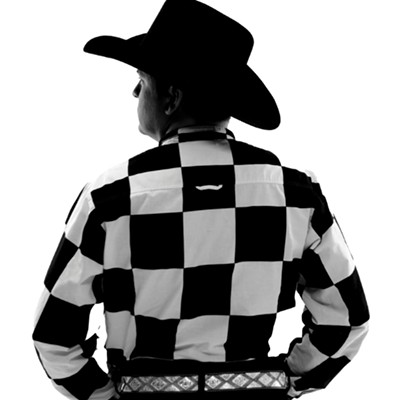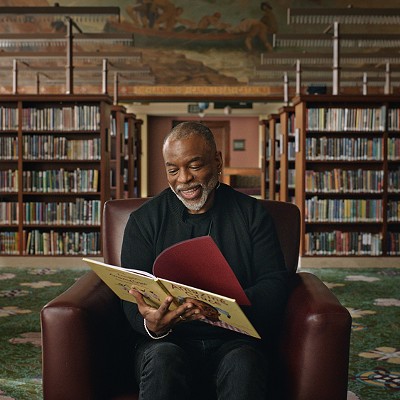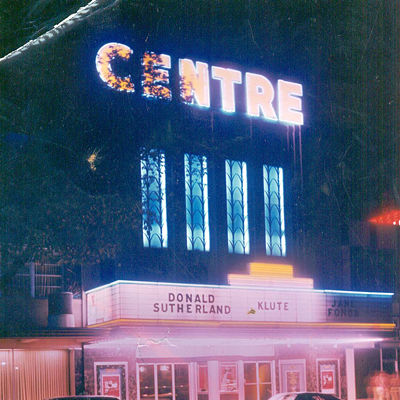Back in the '80s, communism was the enemy, and almost any movie that had to do with the Soviet Union portrayed communist governments as brutal, collectivist regimes that were the evil antithesis to the freedom-loving, individualist United States.
Movies like "Moscow on the Hudson," "White Nights" and "Red Heat" benefited from exaggerating the ideological culture shock and friction between communists and capitalists, but then showed us that we're all human beings, dang it, and we can all get along.
For some reason, however, movie studios didn't care much about China back then. Maybe it's because they didn't have much money until they started making stuff for Walmart.
Anyway, that ancient injustice has been corrected by "Mao's Last Dancer," the story of ballet dancer Li Cunxin (newcomer Chi Cao). Unfortunately, the ham-handed, often melodramatic direction distorts a true story, turning it into an awkward, "feel-good" narrative in which Americans are kindhearted givers, and most Chinese are heartless, conformist bastards.
Opening Friday, it begins in 1982, as Cunxin arrives in Houston to dance at the ballet there and stay with ballet director Ben Stevenson (Bruce Greenwood, "Dinner for Schmucks"), who arranged for Li's visit. Then we time-travel back to 1972 to watch as young Li is taken from his little rural village to be trained in ballet for the glory of Mao's party.
Li moves to the big city, where he's a weak little kid. But through the magic of montage, he discovers his inner strength and goes from being a runt to the Baryshnikov of Beijing.
Back in 1982, Li becomes acclimated to Texas, learns to dance in discos, and finds out how much he likes petting lady dancers. He gets a girlfriend in Liz (Amanda Schull, "Center Stage") and becomes the toast of the Houston arts scene.
When it comes time to go back home, Li marries Liz, causing a low-grade international incident. He manages to stay in America, but finds that he feels really bad about leaving his family behind.
Everything turns out OK in the end, but one gets the impression that director Bruce Beresford ("Double Jeopardy") took a lot of creative license to provide a satisfying plot arc. One also gets the impression that the story was kind of thin, so he padded it out with lengthy ballet scenes that don't advance/serve the plot. To make them seem significant, Li sometimes dances in slow motion, and sometimes with "Matrix"-esque tracer effects, just to make it look super-awesome.
It's kind of sad, because the early part of the film is pretty interesting. But later, it skims over other interesting stuff, like Li's professional and marriage difficulties, presumably to avoid making him look like an actual, flawed human being.
A lot of what we do get is rendered hilarious by dramatic, over-the-top "acting," leaving the whole second half feeling like a half-assed double battement fondu. "?Mike Robertson









